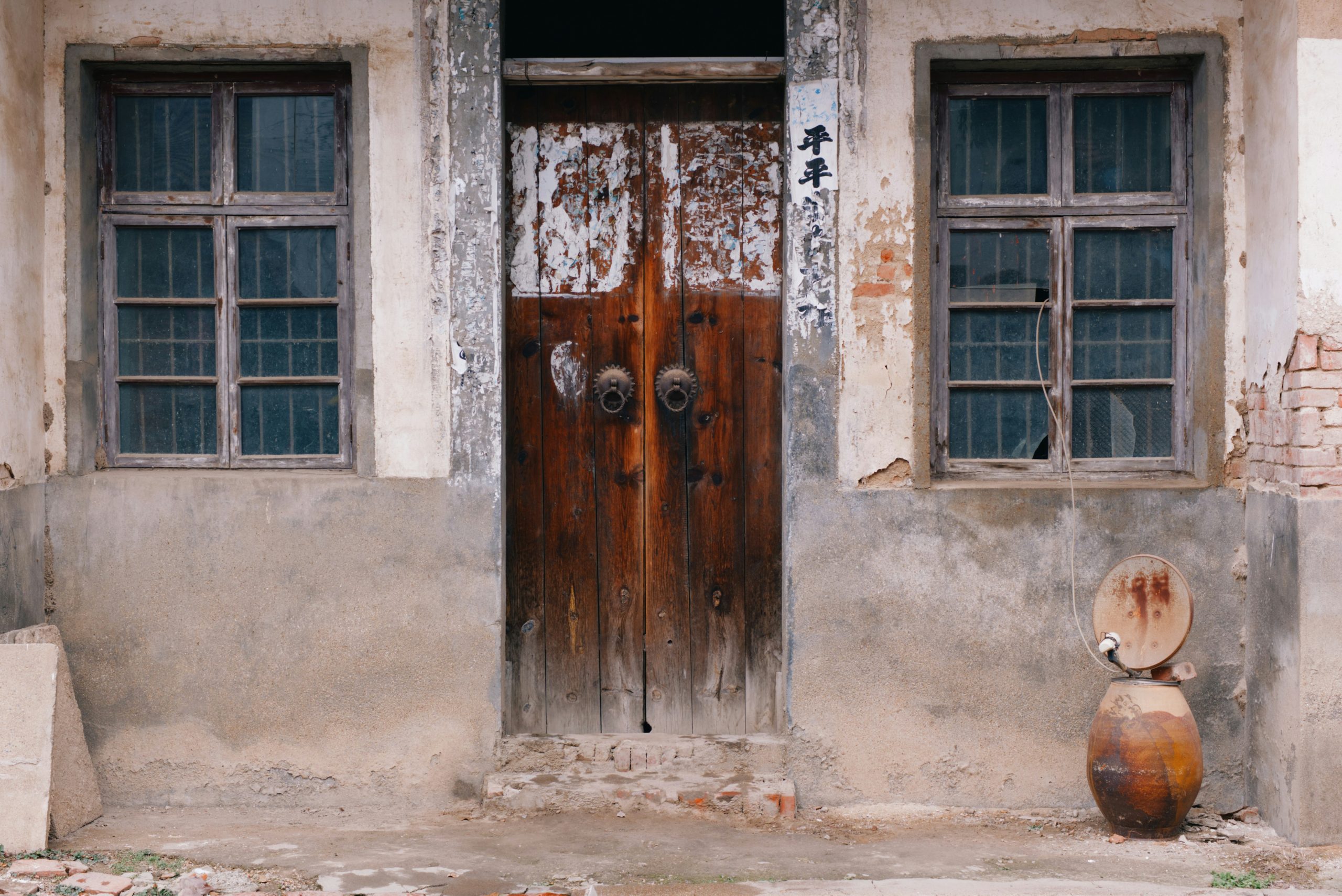Hezbollah Leader Hassan Nasrallah Reportedly Killed in Israeli Airstrike
In a dramatic escalation of conflict in the Middle East, Israeli airstrikes targeted key locations in southern Beirut on Friday evening, resulting in the reported death of Hezbollah's Secretary-General, Hassan Nasrallah. The strikes were aimed at Hezbollah command posts, which have been a focal point of the group's military operations against Israel. The Israeli military instructed residents in parts of Beirut's southern suburbs to evacuate, indicating the severity of the situation.
Hassan Nasrallah, who has led Hezbollah since 1992, transformed the organization into a formidable political and military force within Lebanon and the region at large. Under his leadership, Hezbollah became not only a significant player in Lebanon's political landscape but also a key actor in regional conflicts, often positioning itself against Israel. The Lebanese group has been involved in various confrontations, including the 2006 Lebanon War and ongoing tensions related to the Syrian Civil War.
The Israeli airstrike reportedly struck an underground bunker that Hezbollah maintained in a residential area, raising concerns about civilian casualties and the potential for further escalation. Israeli officials justified the attack as a necessary action to dismantle Hezbollah's operational capabilities, claiming that the group poses an ongoing threat to national security. This incident marks a significant moment in the ongoing hostilities between Israel and Hezbollah, underscoring the precarious balance of power in the region.
While the immediate impact of Nasrallah's reported death remains to be seen, analysts suggest that it could have profound implications for Hezbollah and Lebanon as a whole. Some experts believe that his death could either destabilize the group or, conversely, galvanize support for Hezbollah among its loyalists, further entrenching its role in Lebanese politics.
The situation remains fluid, with both the Israeli government and Hezbollah likely to respond in the coming days. As regional tensions escalate, the international community watches closely, concerned about the potential for broader conflict that could spill beyond Lebanon's borders. The developments in Beirut highlight the fragile state of peace in the region and the complex interplay of local and international forces that continue to shape the Middle East's geopolitical landscape.











